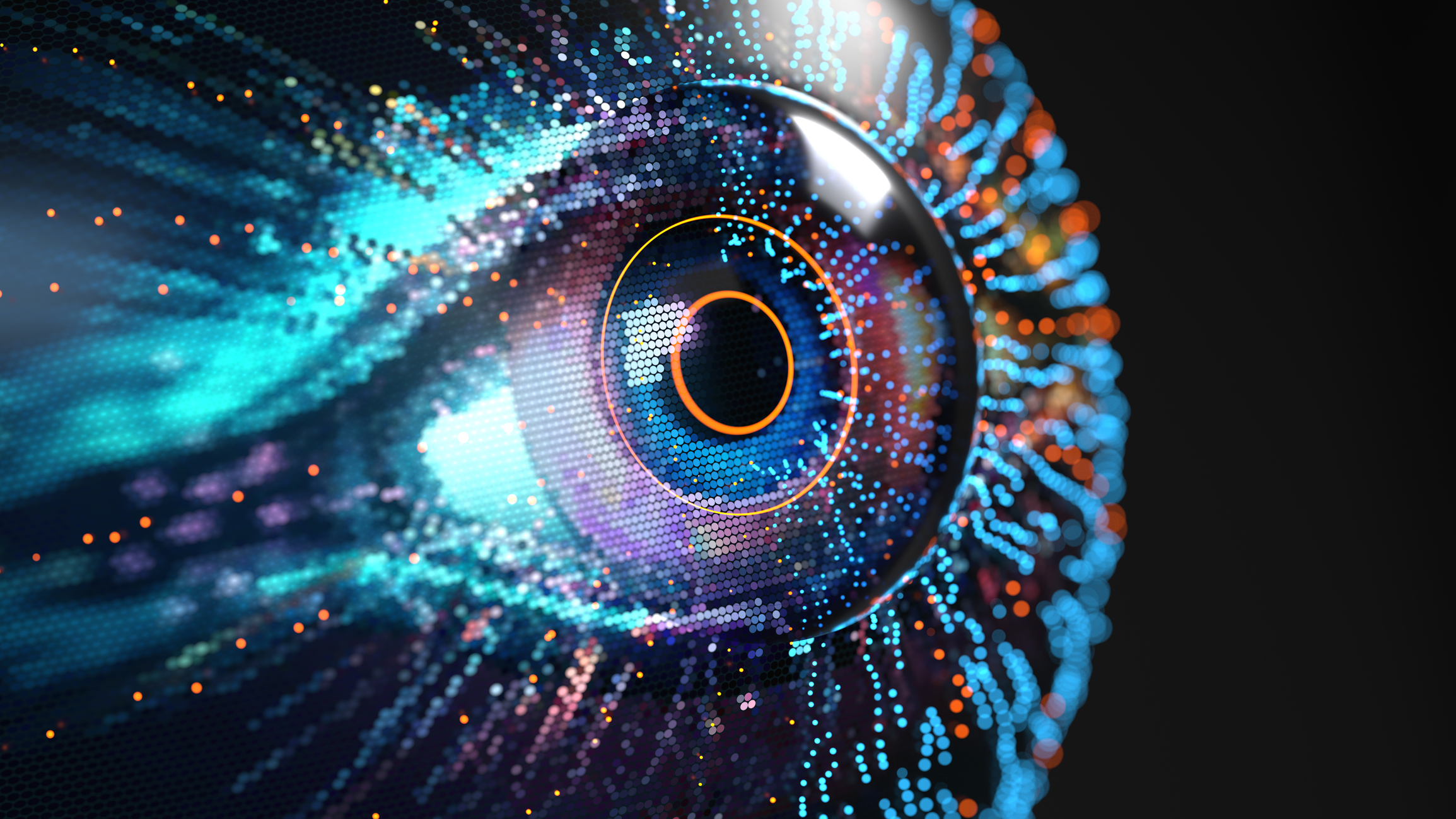Is Artificial Intelligence (AI) going to save the world? Likely not if you are a fan of the Terminator series made famous by Arnold Schwarzenegger or the Dune novels written by Frank Herbert, amongst other potential humanity ending scenarios. But until AI becomes self-aware, there is certainly a lot of good the data processing and analysis tools provided through machine learning can do to help humanity achieve significant improvements to our health and well-being until we all become slaves to our computer overlords.
One publicly traded company using AI that doesn’t already have a Trillion dollar market cap is DIAGNOS Inc. (TSXV: ADK | OTCQB: DGNOF). DIAGNOS is a Canadian corporation dedicated to the early detection of critical health problems based on its FLAIRE Artificial Intelligence (AI) platform. FLAIRE allows for quick modifying and developing of applications such as CARA (Computer Assisted Retina Analysis). CARA’s image enhancement algorithms provide sharper, clearer and easier-to-analyze retinal images. CARA is a cost-effective tool for real-time screening of large volumes of patients. CARA has been cleared for commercialization by the following regulators: Health Canada, the FDA (USA), CE (Europe), COFEPRIS (Mexico) and Saudi FDA (Saudi Arabia).
DIAGNOS primarily markets CARA as a software platform which assists health specialists in the detection of diabetic retinopathy. Diabetic retinopathy (also referred to as macular edema) is a diabetes complication that affects the eyes. It’s caused by damage to the blood vessels of the light-sensitive tissue at the back of the eye (retina). At first, diabetic retinopathy might cause no symptoms or only mild vision problems, but it can lead to blindness. The condition can develop in anyone who has type 1 or type 2 diabetes.
A patient may experience no symptoms of diabetic retinopathy until the condition becomes severe. Early detection and treatment can prevent 85% to 95% of blindness cases. Thus it makes a lot of sense that everyone with diabetes gets screened for diabetic retinopathy at least once a year due to the fact that it is estimated that up to 347,000 people every year could go blind from a curable disease if they aren’t screened early enough. This seems like a very good use of AI for the betterment (and not enslavement) of humanity.
In February, DIAGNOS and École de Technologie Supérieure (ÉTS), a world-renowned technical university announced that they would be presenting the results of their ground-breaking research on mass screening for macular edema using Optical Coherence Tomography (OCT) at ARVO 2023, the Annual Conference of the Association for Research in Vision and Ophthalmology (ARVO). The screening process for macular edema has been revolutionized by the research carried out by DIAGNOS and ÉTS, resulting in impressive efficiency of algorithms, fidelity of the “heat map” type decision-making tool, and an extremely low rate of “false positives.” It is anticipated that DIAGNOS’ AI-enabled screening process could become the go-to method adopted by healthcare professionals in the future.
I’m not worried about the AI being deployed by DIAGNOS taking over the world anytime soon. However, I am excited to see where this Company goes next. I can’t help but think it’s a good thing to become the de facto tool for early detection of preventable blindness in diabetes patients. That’s got to be worth something. But there’s also the springboard of having a successful platform in place to build off of. Time will tell if this AI story starts making headlines with all the rest of them out there.
DIAGNOS Inc. trades at a market cap of C$35 million.




Leave a Reply